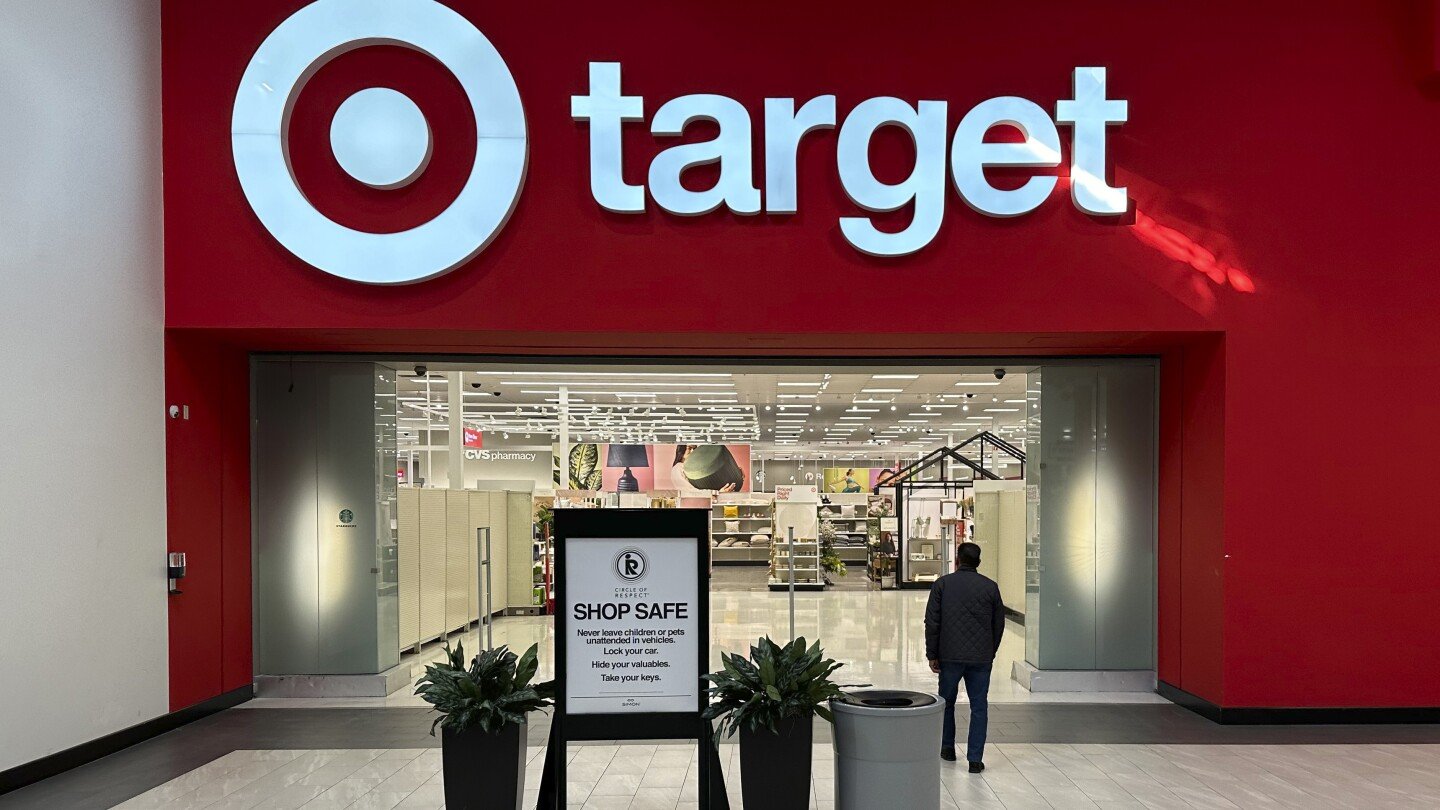Target plans to cut prices on thousands of consumer basics this summer, from diapers to milk, as inflation cuts into household budgets and more Americans pay closer attention to their spending.
The price cuts, already applied to 1,500 items, will eventually include 5,000 food, drink and essential household goods. Target and other retailers are increasingly catering to customers who are struggling with higher prices for groceries, though inflation has begun to cool. Many of them have switched to private label brands sold by Target and others big retailers, which are typically less expensive than well-known brands.
Target launched one such collection in January called Dealworthy which includes nearly 400 basic items, ranging from clothing to electronics, that can cost less than $1, with most items under $10.
Last week, McDonald’s said that it was planning to introduce a $5 meal deal in the U.S. next month to counter slowing sales and customer frustration with higher prices. Walmart posted strong quarterly sales last week driven by a influx of customers, including households with incomes of more than $100,000, looking for bargains.



no it’s never that, just blame the fed for printing money!
I love how the only point of companies now is to get infinite growth with whatever product they have
I mean, it’s both, among other things.
Target would absolutely love to charge $1000 for a carton of eggs, and would if they could, but they can’t. There has always been some ceiling price past which most consumers will simply walk away and go somewhere else. What exactly that number is depends firstly on the actual cost of getting the item in the first place, since no store will sell an item at a loss (unless they expect that to drive greater returns elsewhere), but then on how much money people actually have available to spend, and that very much is influenced by how much money the Fed is printing, among plenty of other things.
My point here isn’t that corporate greed isn’t a factor, but it’s not a new factor. It’s not like corporations were feeling generous in 2019 and then got in a greedy mood in 2021. They always have and always will charge as much as people are willing to pay, so any changes to what they’re charging should be examined by looking at what other factors might be at play. In this case, they’ve probably realized that they’ve gotten past the point of driving too many customers away.
Obviously corporate PR will never come out and say “We’re being greedy because fuck you, but we got a little too greedy so please come back”, but that is and always has been the dynamic.